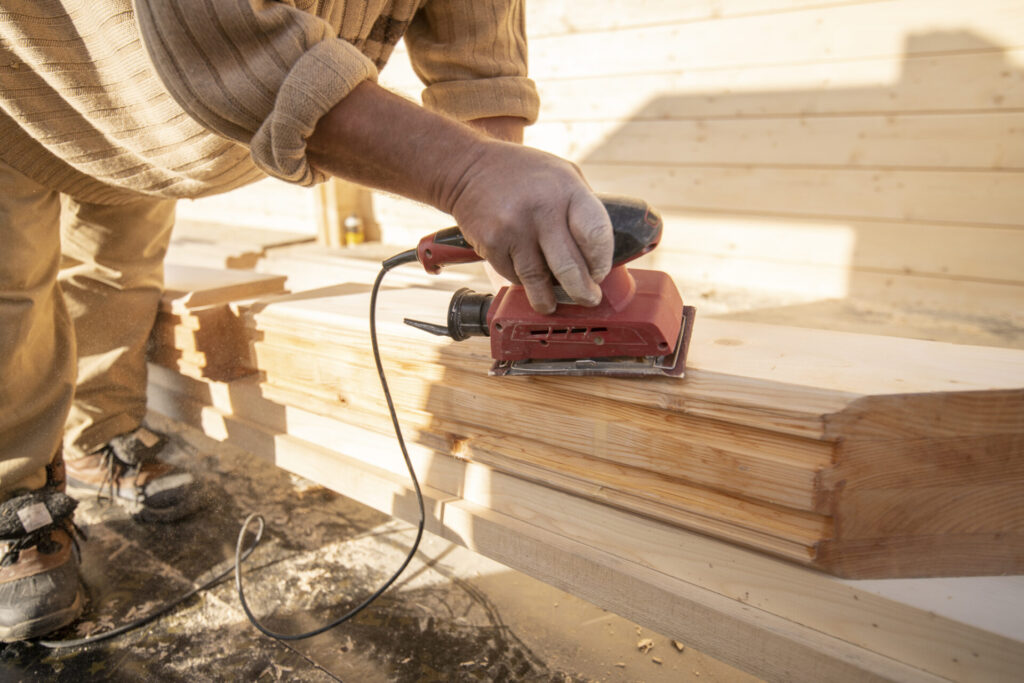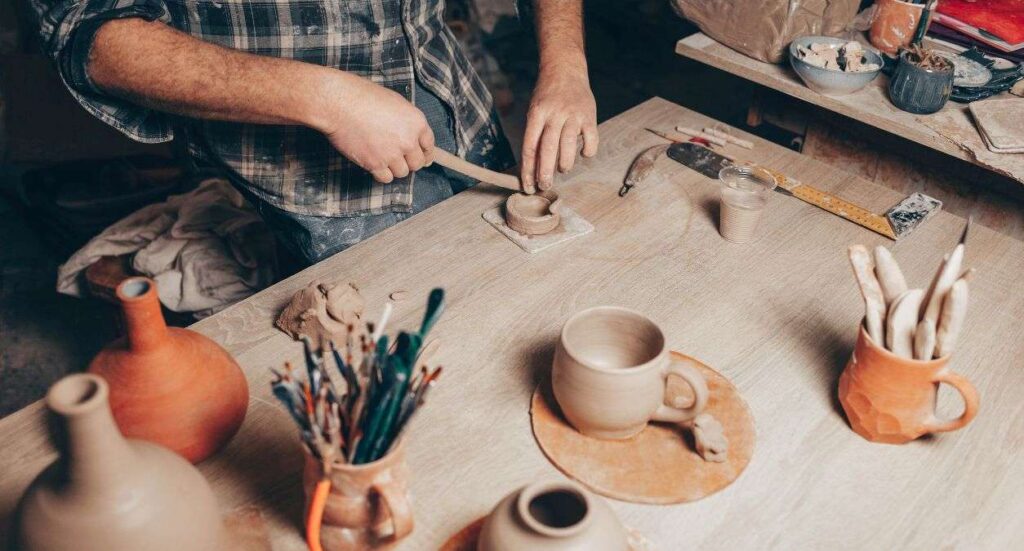Table of contents
Table of contents
Joinery can be a rewarding career for anyone who loves woodwork, and the idea of creating high-quality structures for clients in the construction industry. If you’re wondering how to become a joiner in the UK, it’s essential to grow your knowledge of this profession.
Whether you’re transitioning careers or looking to capitalise on an existing passion, you’ll need to know everything from the required qualifications to the financial prospects, challenges, and daily responsibilities. You can then look into the niches you could go on to specialise in within joinery, empowering you to strengthen your offering.
In this guide, we’ll provide a detailed roadmap for how to become a joiner.
How do I become a joiner?

What qualifications do I need to become a joiner?

Do joiners make good money?

What types of joinery can I specialise in?

Get Carpenters Insurance from Protectivity
*Disclaimer – This blog has been created as general information and should not be taken as advice. Make sure you have the correct level of insurance for your requirements and always review policy documentation. Information is factually accurate at the time of publishing but may have become out of date.
Last updated by

















